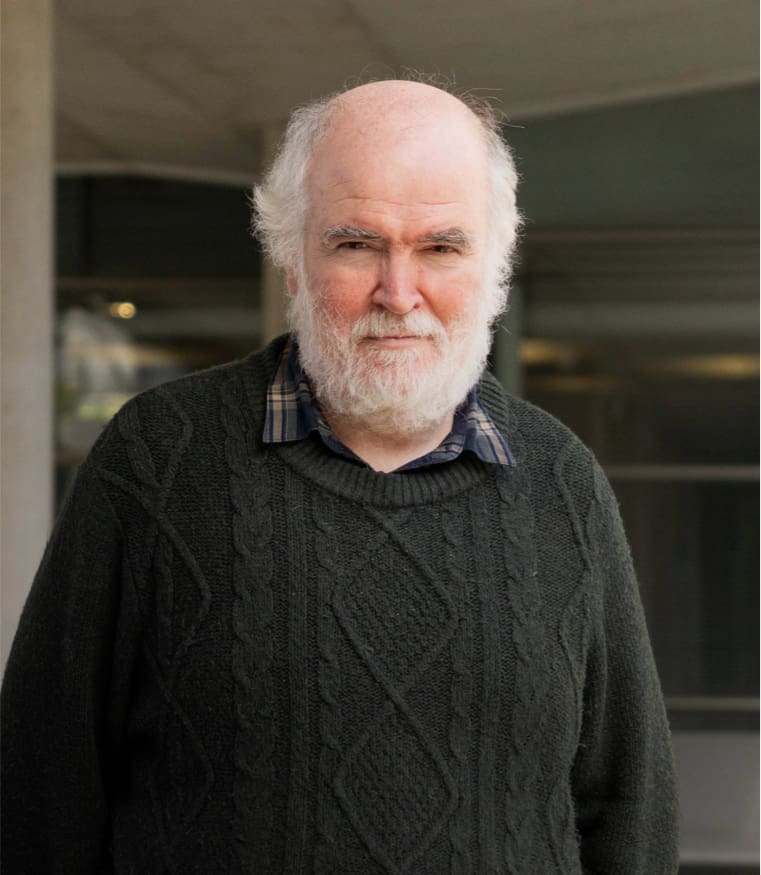Charge-Controlled Pd-Catalysis Enables the Meta-C–H Activation/ Olefination of Arenes
The regioselective C–H activation of arenes remains one of the most promising techniques to access highly important functionalized motifs. Such functionalizations can generally be achieved through directed and non-directed processes. The directed approach requires a covalently attached directing group (DG) on the substrate to induce reactivity and selectivity, and therefore intrinsically leaves a functional group at the point of attachment within the molecule, even after the tailored DG has been removed. Conversely, non-directed methods typically suffer from regioselectivity issues, especially for unbiased substrates. Herein, we report a unique approach to address these challenges in palladium catalysis that employs weak charge-charge and charge-dipole interactions to enable the meta-selective activation/olefination of arenes. The charged moiety could easily be converted to uncharged simple arenes by hydrogenation or cross-coupling. In-depth mechanistic studies prove that the charge is responsible for the observed selectivity. We expect our studies to be generalizable thereby enabling further regioselective transformations.

Mondal, A.; Díaz-Ruiz, M.; Deufel, F.; Maseras, F.; van Gemmeren, M.
ChemRxiv 2022
DOI:
10.1016/j.chempr.2022.12.019

Let's create a brighter future
Join our team to work with renowned researchers, tackle groundbreaking
projects and contribute to meaningful scientific advancements




















